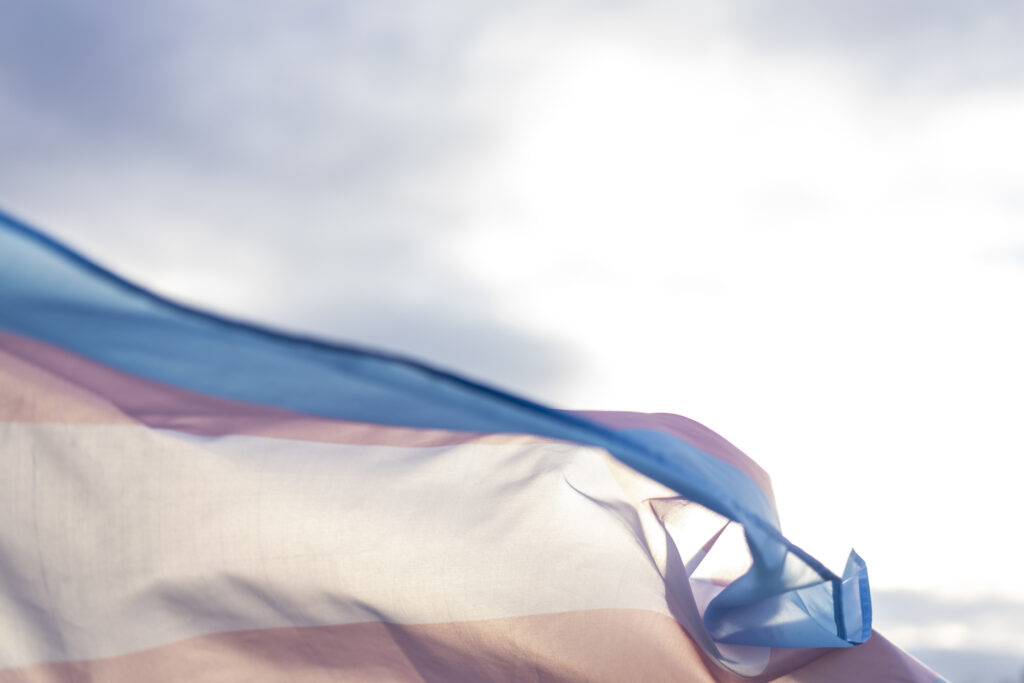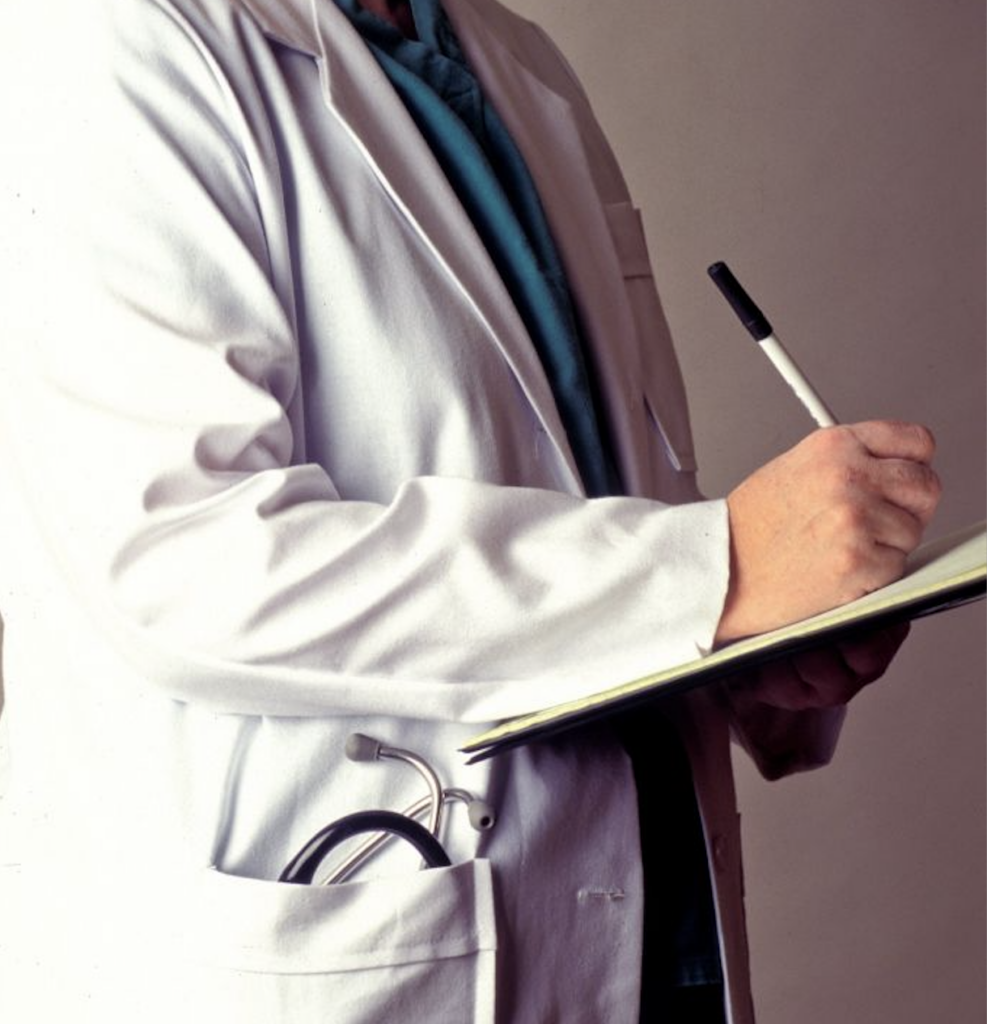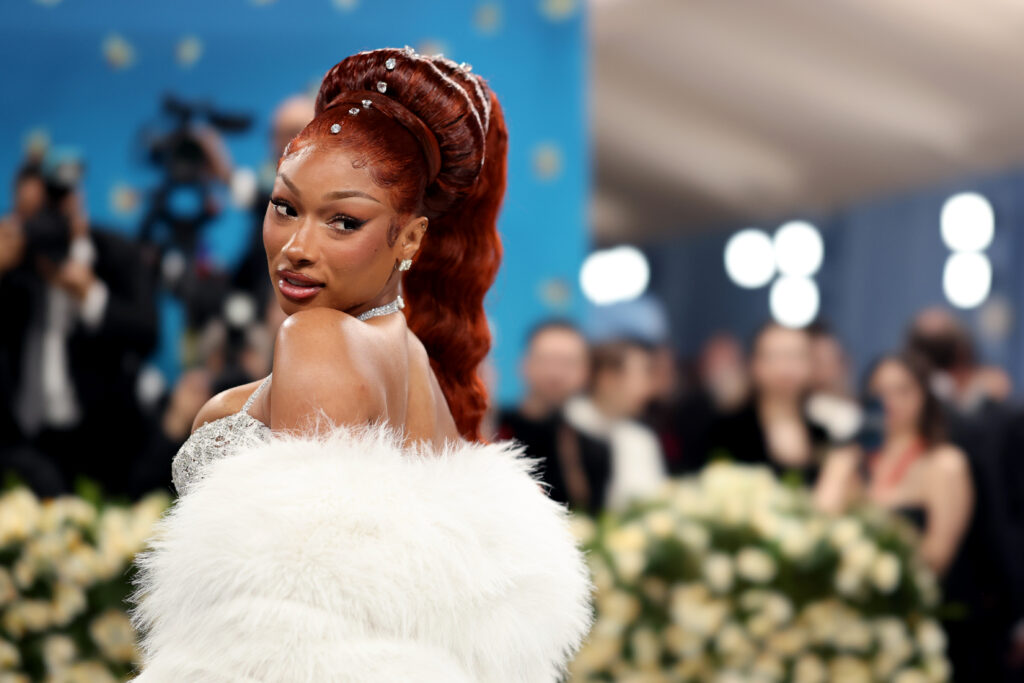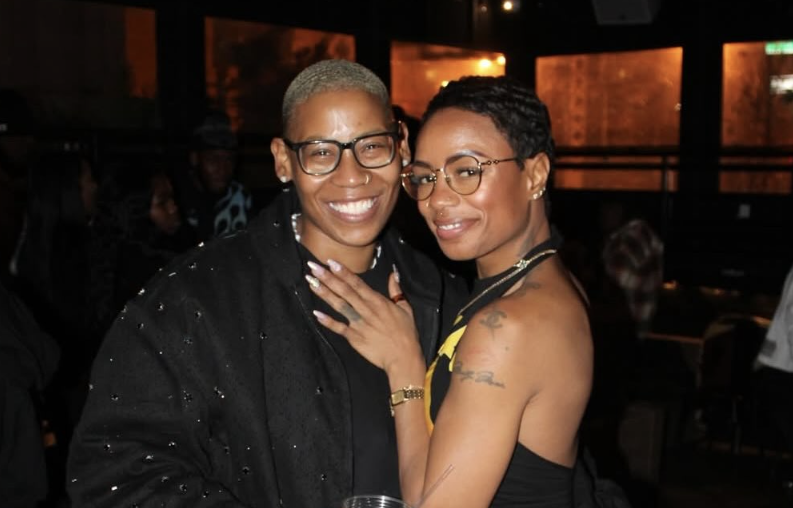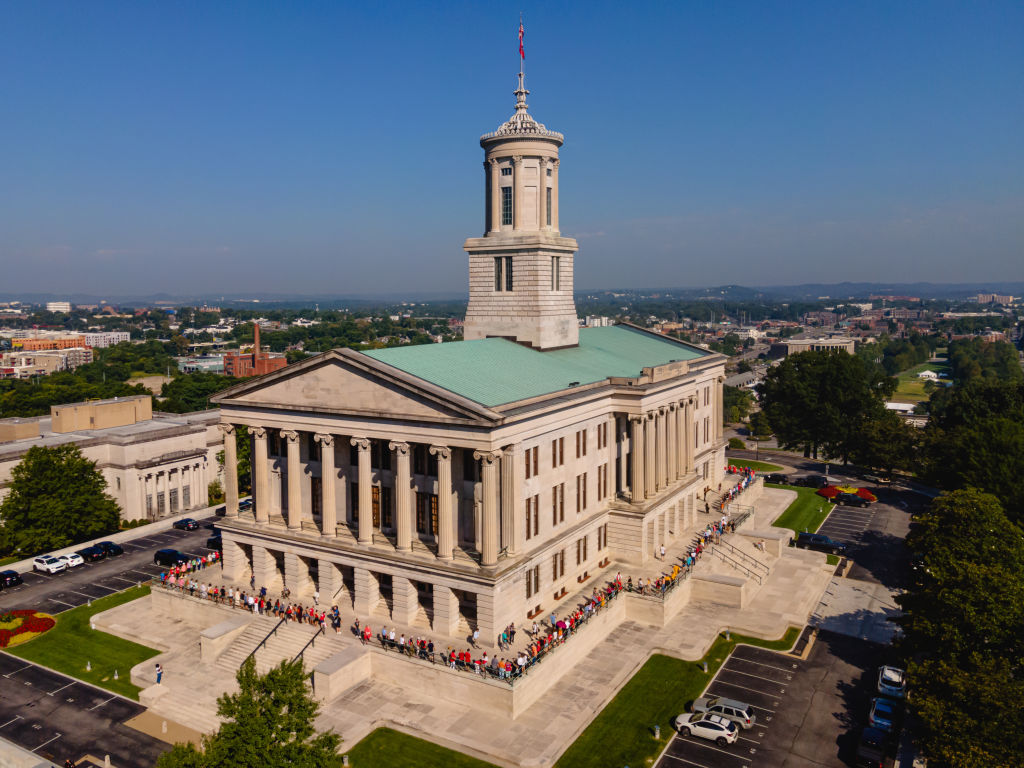Dustin Lance Black on Capturing America’s LGBTQ Herstory in “When We Rise”
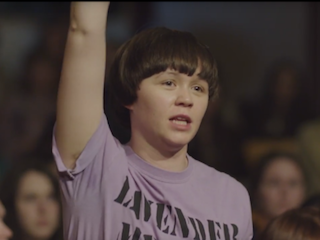
GO speaks with acclaimed out writer Dustin Lance Black on his groundbreaking new LGBTQ history mini-series, “When We Rise,” launching Monday on network television (ABC).
Portrayals of LGBTQ history are most often relegated to under-the-radar indie films, but that has shifted some in the last decade. While Hollywood hasn’t been exactly throwing money at filmmakers to tell real queer stories on the big screen, there have been a few notable exceptions like “Freeheld,” “Stonewall,” “The Danish Girl” and the Oscar-winning “Milk.” Out writer Dustin Lance Black took home Best Screenplay for the Harvey Milk biopic in 2008, and his chronicle of the first out gay politician (“the Mayor of Casto Street”) was given a boost by the star power of its leads like Sean Penn, Emile Hirsch and Josh Brolin who lent a much-desired legitimacy that financiers not only seek but require in modern filmmaking. So when ABC was looking to create a mini-series around the LGBTQ rights struggle in America, Black was clearly the right person for the job.

But the creator of “When We Rise” wasn’t interested in doing it alone. In an interview with GO during the Television Critics Press Tour, he acknowledged that extensive research was only part of shaping the storylines, all based on real people and events. The accuracy he was seeking for covering a rich, untapped history of our community could only come from reflecting that community in his writer’s room and the directors he hired for the eight-hour, four-night special premiering next Monday night on ABC.
“There’s actually women in ‘When We Rise,’ I know,” Black said. “In ‘Milk,’ people were like ‘Why are there not more racial minorities and women?’ And I’m like ‘Because the Castro was misogynistic and racist.’ That’s the truth. And we had to learn that we needed each other.”
Set primarily in San Francisco and spanning the years between 1969 and present day, “When We Rise” follows three leads in their individual struggles and the inevitable shift that takes place, bringing them together for a unified front in gay liberation and the fight for civil rights. Emily Skeggs of “Fun Home” fame portrays a young Roma Guy, a social justice activist who comes out as a lesbian just as she becomes involved with the second-wave feminist movement and, eventually, the inclusion of gay women and their involvement in the greater women’s rights movement. Mary-Louise Parker is Roma in her later years, with Rachel Griffiths playing her wife, long-time activist and now Executive Director of the Lesbian Health & Research Center at the University of California, San Francisco, Diane Jones. (Fiona Dourif plays a younger version of Diane). Sally Gearheart is played by “True Blood” alum Carrie Preston) while Rosie O’Donnell portrays Daughters of Bilitis co-founder Del Martin, and Whoopi Goldberg makes a cameo as Pat Norman, the first openly gay employee of the San Francisco Health Department.

“All of the real people hung out with the cast, and the cast learned from the real people,” Black said. “And the real people educated our production designers and our costume designers. It was very collaborative in that way.”
Other pivotal characters based on real LGBTQ activists include Cleve Jones (Austin P. McKenzie/Guy Pearce), Ken Jones (Jonathan Majors/Michael K. Williams) and Cecilia Chung (played by out trans actress Ivory Aquino).
“One of the creative decisions of the show that I stand by and I hope people embrace is that the narrator changes,” Black said. “So yes there’s an episode narrated by a gay man. By the next episode, we start to examine political power from the lesbian perspective. I haven’t seen that done. We examine the AIDS Crisis from the African-American gay male perspective, which we don’t often see that. We’re trying to get a variety of perspectives on the movement and certainly with the help of my other writers and directors, trying to make the women’s perspective authentic. I learned a lot.”
“When We Rise” weaves the narrator’s stories together in a way that allows viewers to meet several other individuals who were active in the early demand for acceptance up through more recent pushes for equality. Given a larger chunk of time than normally allotted for these kinds of cinematic stories, Black and his collaborators were able to expand the tapestry and include not only several characters, but varying identities that more closely resemble the LGBTQ community and San Francisco throughout the last five decades.
“It was great to get this opportunity to do a truly LGBT diverse series,” Black said. “And how you do it and do it right, you don’t do it alone. So my writers’ room and my slate of directors—men and women and gay and straight and black and white—it’s diverse, so they all brought their own experiences. At a certain point, if the lesbian relationships feel authentic, that’s because I have women in my writer’s room and lesbians in the writer’s room teaching me where the differences are and where the specificity lies.”
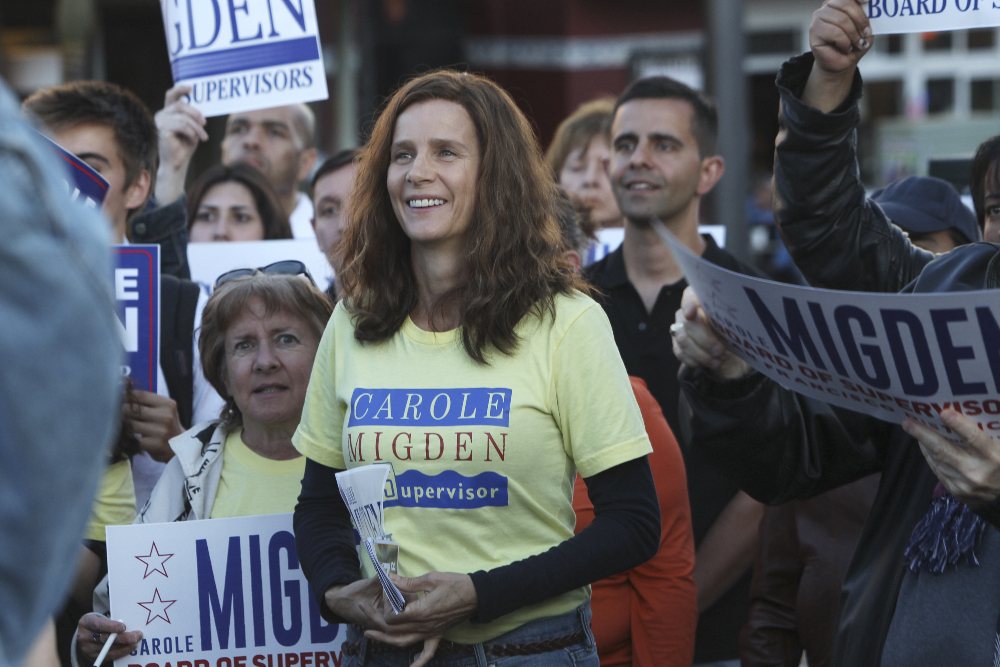
Dee Rees helmed Parts 2 and 3 of “When We Rise,” and Black said he learned a lot from the out lesbian and award-winning director of “Pariah,” “Bessie” and “Empire.” He even asked that she share how lesbian women should be portrayed having sex on screen.
“Because she asked me ‘How do gay men do it?’ She had to direct gay men doing it an episode,” Black said. “So I said ‘Dee, I’ll tell you as long as you tell me how lesbians do it.’ And at the lunch table, surrounded by all the cast and crew, she showed me.”
But because ABC is ultimately network television, there were some things that execs had to be convinced of, such as the use of words like fag, queer and dyke.
“I had to explain that sure; you can use queer and dyke in a pejorative way. That’s not what these women are doing,” Black said. “Dykes on Bikes is not an anti-gay organization. Certainly, when I speak on college campuses, dyke is one of those words that I think has been taken back. It’s a great word, and I think it projects a strength that we’re going to need over the last four years. Lets’s embrace dyke and fight together.”
Inevitably, the entirety of the gay rights movement couldn’t be contained within an eight-hour series, much like it couldn’t with the two-hour “Milk.” But Black is OK with comments about what he’s missing from “When We Rise,” because he sees it as a hunger for our stories to be told, a demand that is hopefully going to be met with more and more interest from networks and studios.
“I get criticism all the time saying ‘Why did you tell this story and not that story?’ And I welcome it because they’re right,” Black said. “We have so many stories to tell. We have such a rich history and we haven’t told us, I think, out of shame, and because there wasn’t a marketplace to embrace it. I got to portray some of my heroes. Sally Gearheart—I didn’t get to portray her in ‘Milk.’ I finally got to portray her here.”
As for how he narrowed it down to the narrators he chose to follow, Black said it was based largely on the activists who started in the movement while young and continue to be involved throughout the rest of their lives.
“That already narrows it down massively,” he said. “Because the average lifespan of an activist is quite short. It’s tough.” He knows from experience.

And while Black has worked on other projects that aren’t necessarily LGBTQ-centric, he has plans to continue his own work bridging the artist/activist gap, but also hopes others will create them as well.
“The answer is yes yes yes yes yes yes,” he said. “There’s too many stories.”
“When We Rise” Mini-Series Schedule on ABC:
MONDAY, FEBRUARY 27:
9-11pm EST “WHEN WE RISE” Premiere (followed by interviews with starts Rachel Griffiths and Ivory Quino)
WEDNESDAY, MARCH 1:
9-11pm EST “WHEN WE RISE” Parts II and III
THURSDAY, MARCH 2:
9-11pm EST “WHEN WE RISE” Parts IV and V
FRIDAY, MARCH 3:
9-11pm. EST “WHEN WE RISE” Parts VI and VII







